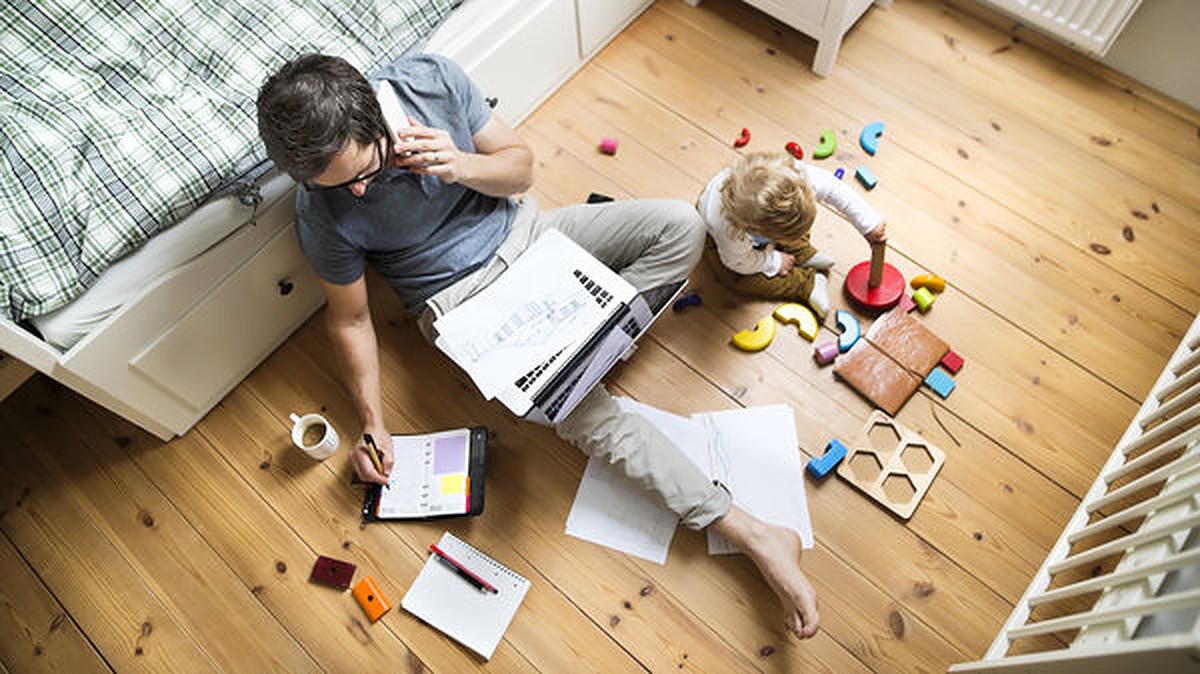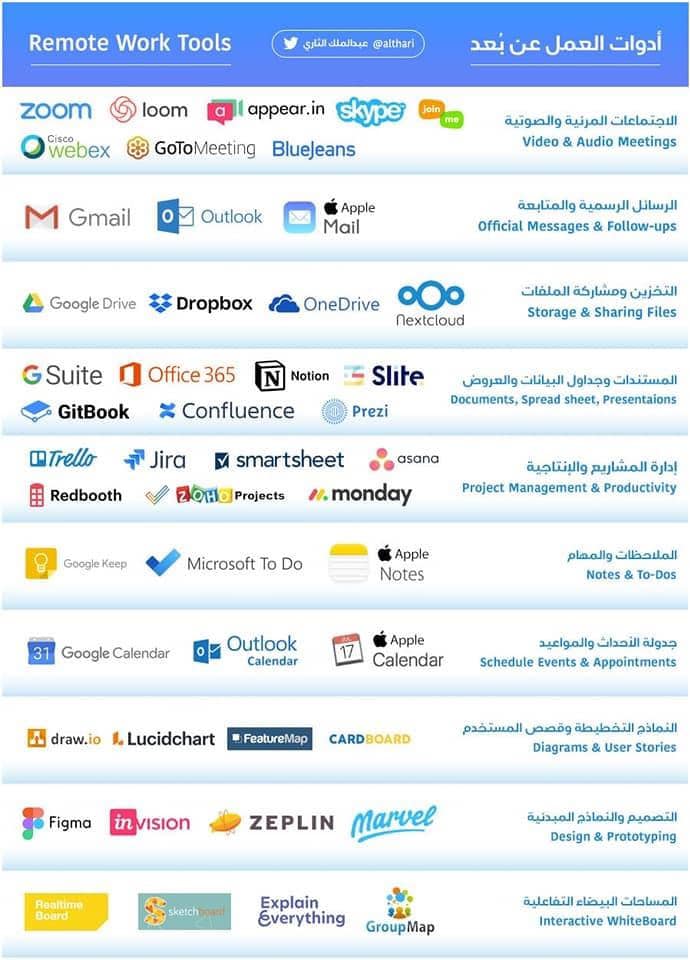
Egypt announced on Saturday that all schools and universities will be suspended for two weeks starting March 15, as part of the country’s plans to limit the spread of the coronavirus.
This is Egypt’s one chance to minimize the spread of the virus and reduce the possible collapse of its health institutions. In Italy, where the death toll has already surpassed 1,400, the coronavirus has overloaded hospitals and led nurses to collapse.
It is true that the young and healthy have a lower chance to get sick or die from this, yet they can still expose more vulnerable people, whether the elderly or unwell, to the disease.
To slow the spread of coronavirus, countries around the world have imposed strict quarantine measures, such as banning all public gatherings, and encouraged people to practice “social distancing”.
But what is “social distancing”?
Social distancing is known to be a public health practice to prevent sick people from coming in close contact with others and reduce disease transmission.
According to Johns Hopkins experts, lessons from history provide sufficient evidence that these measures can work. A study found that cities that implemented strict quarantine measures at an early phase of the pandemic faced lower death rates.
Yet staying at home also comes with many drawbacks: unorganized schedules, parenting, the stress of stockpiling, studying, and even the psychological impact of being alone.
Here are 5 ways to help you stay at home and flatten the coronavirus curve:
1. Get Dressed in the Morning
Yes, there is no reason for you to brush your hair or look presentable. However, getting dressed in the morning can make you feel more motivated and encourage you to study and work. Make it a routine to get up every morning as though you are getting ready to go to work, school or university.
2. Shut Down Your Computer After Every Task
Set a quitting time for every task to avoid you from falling into a spiral of non-ending tasks throughout the entire day. Get away from the screen, let in some natural light, and create a sense of closure for yourself to provide you with energy for the next task.
3. Use Apps to Help You (And Your Kids) Stay Focused
There are many other ways to entertain your younger kids without having to watch Disney or play games with them all day. There is a list of apps that can help your kids stay focused and integrate education with technology in an innovative way.
MyHomework is an app that keeps you well organized for assignments, quizzes, and tests, and also gives you the option to set your reminders.
4. Prioritize Water and Invest in Nutritional and Tasty Foods
There are foods that do not require much effort in cooking and yet are nutritional and tasty: cereal, granola bars, dried fruit, hummus, raisins, canned meat such as tuna, salmon, chicken and turkey, canned vegetables such as beans, carrots and peas.
5. Keep Spirits High
Just remember that the best way to fight any disease is to keep your spirit high. You can still take a five minute walk outside your home or an indoor afternoon exercise. GoNoodle for example offers physical and meditation videos, which can engage everyone in the family and benefit your psychological well-being.








Comments (0)